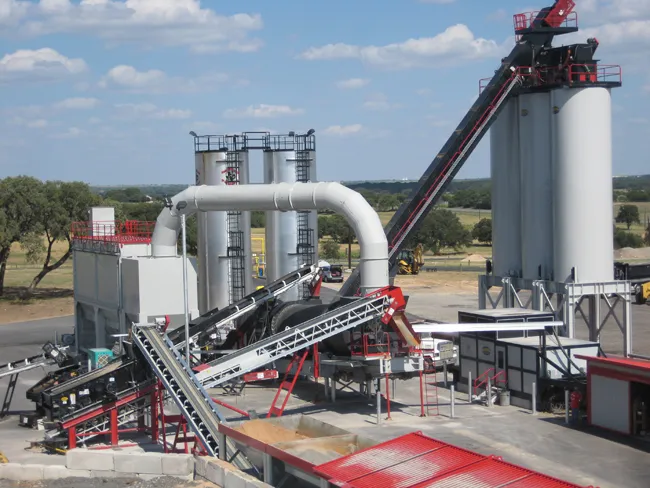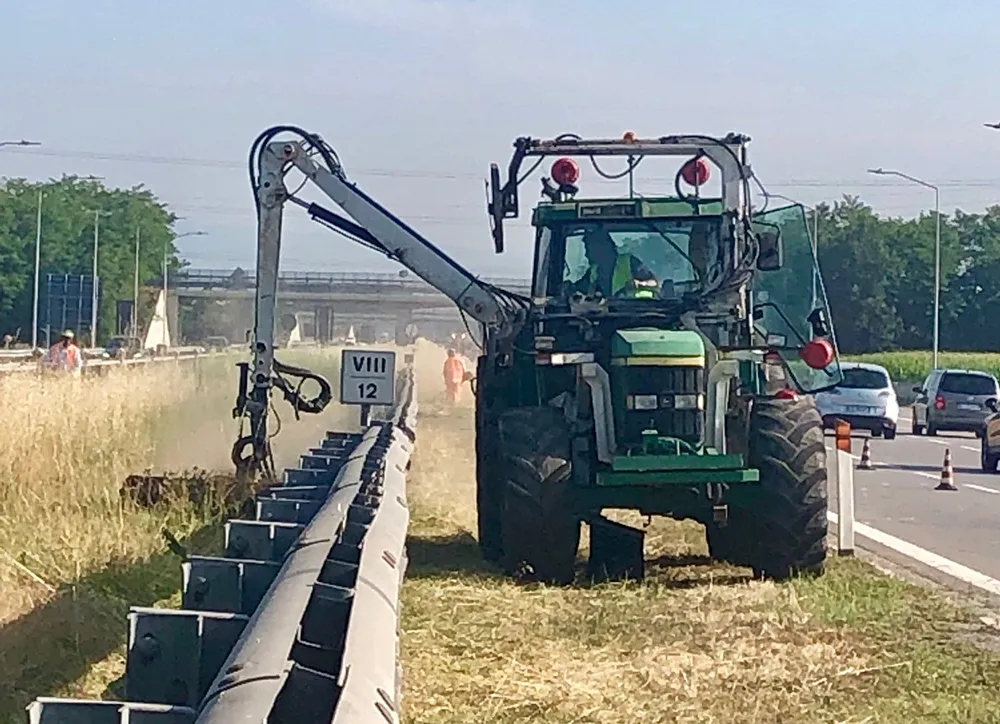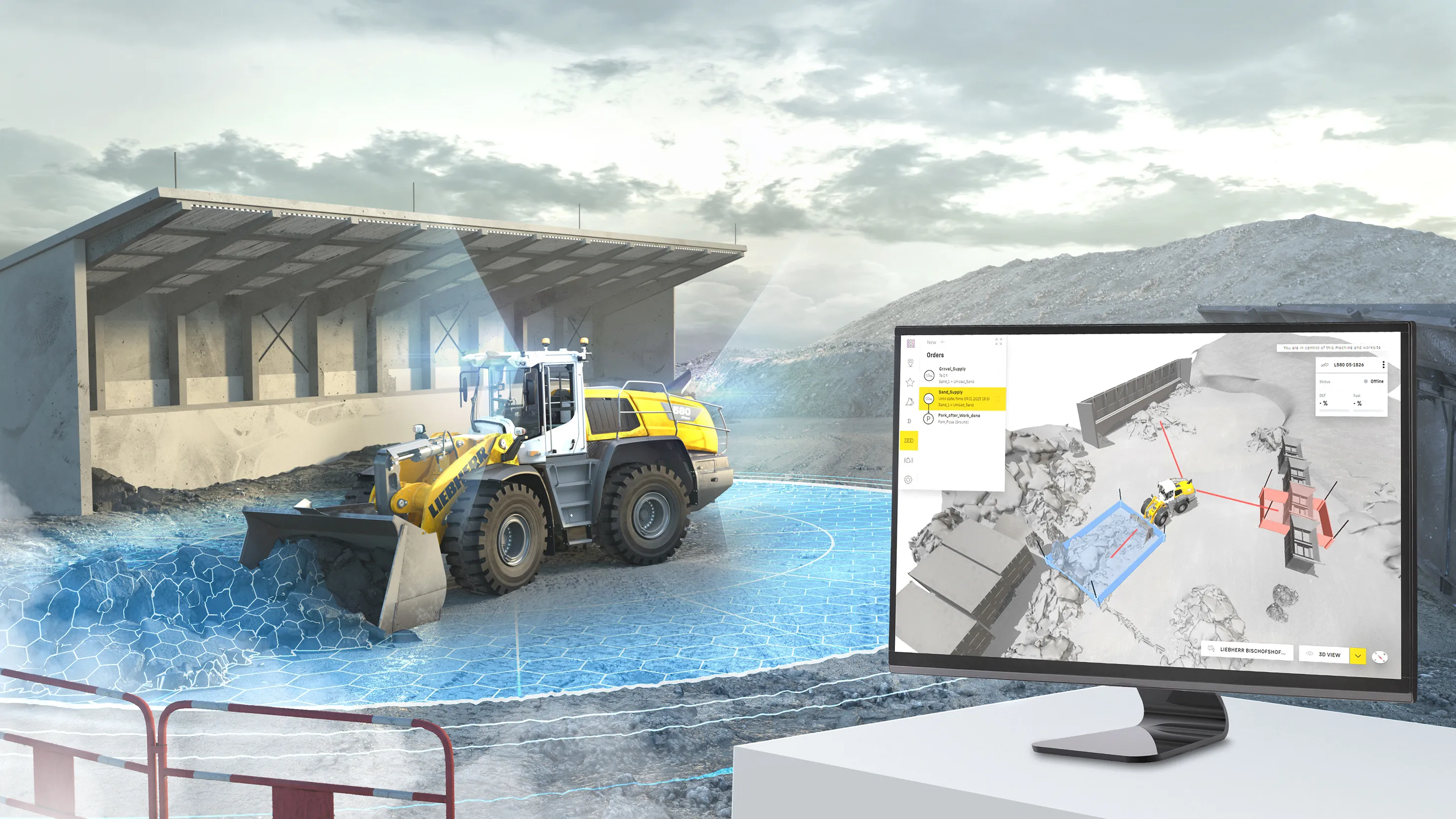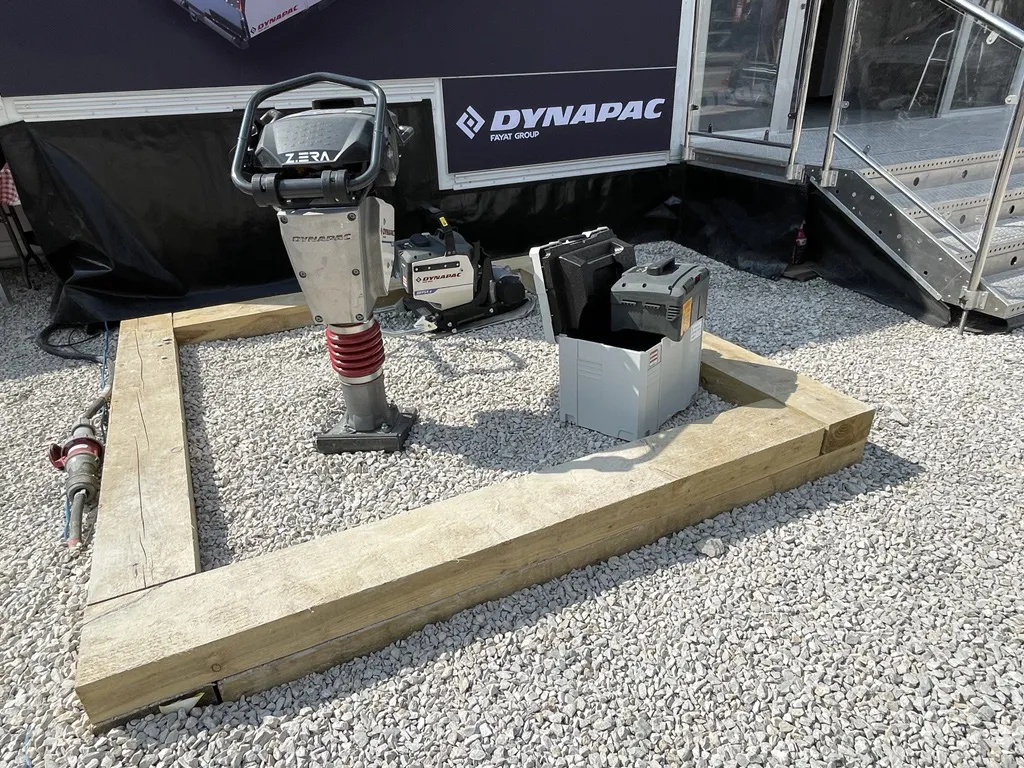The latest research into electric vehicles suggests that range extensions of 10% or even more can be achieved through the utilisation of smart traffic technologies. By combining information gleaned from real-time traffic information, road type and gradient and also vehicle payload, researchers at the University of California, Riverside believe they can optimise route and performance to extend the range of electric vehicles.
August 7, 2012
Read time: 3 mins
The latest research into electric vehicles suggests that range extensions of 10% or even more can be achieved through the utilisation of smart traffic technologies. By combining information gleaned from real-time traffic information, road type and gradient and also vehicle payload, researchers at the University of California, Riverside believe they can optimise route and performance to extend the range of electric vehicles. The team was given a grant by the California Energy Commission to work on an algorithm that could use information such as traffic data and payload to provide drivers with an optimised route requiring the lowest energy consumption. This research follows on from an earlier project that revealed navigation systems designed to provide energy efficient routes can reduce fuel consumption and greenhouse gas emissions for internal combustion engine powered vehicles by anything from 5-15%.
While many electric vehicles offer working ranges of around 160km according to their manufacturers, actual range can vary from 80-220km. This is due to a combination of factors including ambient temperature, traffic volumes and gradients encountered along the route. Batteries typically perform less efficiently at lower temperatures, with range being reduced in winter time for example, while using heating or air-conditioning systems will further reduce range. Electric vehicles do not waste power when sitting with motors in a traffic jam as the motors are at rest, unlike internal combustion engine-powered vehicles that will generally have the engine idling. In this respect, electric vehicles are typically less wasteful of energy in dense traffic situations than internal combustion engine-powered vehicles. But, in slow speed, stop-go congestion an electric vehicle is not operating at optimum speed and is therefore running less efficiently.
The recent explosion in the market for GPS navigation systems has developed technology aimed at reducing distance travelled, but these systems do not typically optimise routes in terms of road gradients and have to be programmed to avoid congested areas. Continuous driving at optimum speeds, typically 80km/h, allows for greater range. Roads with steeper gradients may use more energy than slightly longer routes avoiding climbs. And choosing routes through built-up areas with traffic lights and junctions will slow a vehicle down and make for more inefficient use of energy.
The research team is based at the Center for4106 Environmental Research and Technology (CE-CERT), which is part of the Bourns College of Engineering. The project will gather energy consumption data from electric vehicles being operated in a range of on-road conditions, including different speeds, congestion levels, road types, and gradients, as well as with different payloads. The data will then be analysed to provide models that can determine energy consumption and provide the basis for an eco-routing algorithm. This will then be programmed into a specially-modified navigation system and allow initial testing of the concept in an electric vehicle.
While many electric vehicles offer working ranges of around 160km according to their manufacturers, actual range can vary from 80-220km. This is due to a combination of factors including ambient temperature, traffic volumes and gradients encountered along the route. Batteries typically perform less efficiently at lower temperatures, with range being reduced in winter time for example, while using heating or air-conditioning systems will further reduce range. Electric vehicles do not waste power when sitting with motors in a traffic jam as the motors are at rest, unlike internal combustion engine-powered vehicles that will generally have the engine idling. In this respect, electric vehicles are typically less wasteful of energy in dense traffic situations than internal combustion engine-powered vehicles. But, in slow speed, stop-go congestion an electric vehicle is not operating at optimum speed and is therefore running less efficiently.
The recent explosion in the market for GPS navigation systems has developed technology aimed at reducing distance travelled, but these systems do not typically optimise routes in terms of road gradients and have to be programmed to avoid congested areas. Continuous driving at optimum speeds, typically 80km/h, allows for greater range. Roads with steeper gradients may use more energy than slightly longer routes avoiding climbs. And choosing routes through built-up areas with traffic lights and junctions will slow a vehicle down and make for more inefficient use of energy.
The research team is based at the Center for









